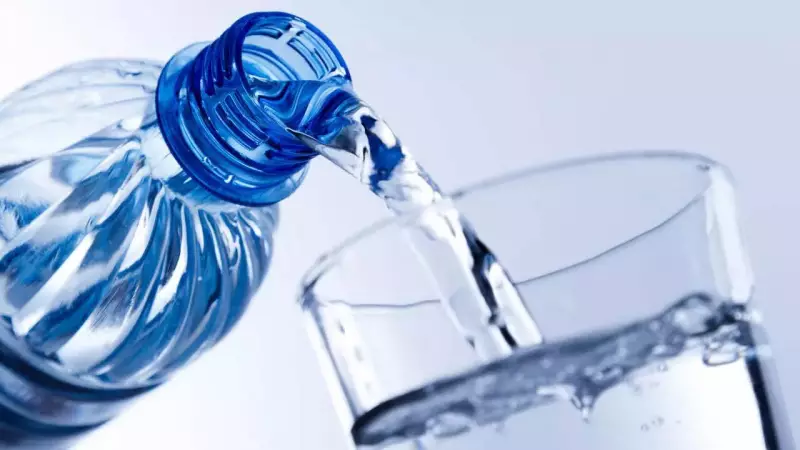
We've all heard the advice to drink plenty of water, but what happens when you take this recommendation too far? The truth might shock you - excessive water consumption can lead to a dangerous condition called water intoxication or hyponatremia, which in severe cases can be fatal.
What Exactly is Water Intoxication?
Water intoxication occurs when you drink so much water that your kidneys can't process and eliminate the excess fluid. This leads to a dangerous dilution of sodium in your bloodstream, a condition medically known as hyponatremia.
The Silent Danger: Symptoms You Must Recognize
Early warning signs of overhydration are often subtle and easily mistaken for other conditions. Watch out for these symptoms:
- Persistent headaches that won't go away
- Nausea and vomiting
- Confusion and disorientation
- Fatigue and lethargy
- Muscle weakness or cramping
As the condition worsens, symptoms can escalate to seizures, unconsciousness, and in extreme cases, coma or death.
Who is Most at Risk?
While anyone can develop water intoxication, certain groups are particularly vulnerable:
- Athletes and marathon runners who drink large amounts without electrolyte replacement
- People with kidney problems whose organs can't process fluids efficiently
- Individuals following extreme water diets or detox programs
- People taking certain medications that affect kidney function
How Much Water is Actually Safe?
The "8 glasses a day" rule isn't one-size-fits-all. Your ideal water intake depends on:
- Your body weight and size
- Physical activity levels
- Climate and temperature
- Overall health status
A better guideline is to listen to your body's thirst signals and monitor your urine color - pale yellow indicates proper hydration.
Prevention is Better Than Cure
To stay safely hydrated without risking overhydration:
- Drink when thirsty, don't force water consumption
- During intense exercise, balance water with electrolyte drinks
- Monitor urine color throughout the day
- Consult your doctor about optimal fluid intake if you have health conditions
Remember, while staying hydrated is crucial for health, moderation is key. Your body needs the right balance of water and electrolytes to function optimally. If you experience symptoms of overhydration, seek medical attention immediately.






